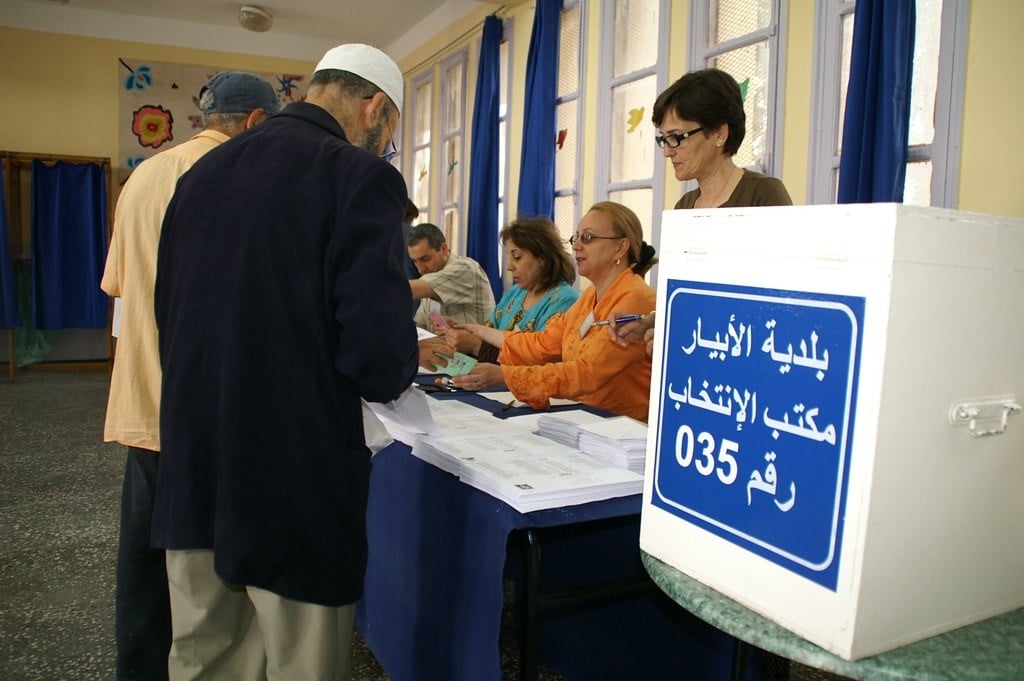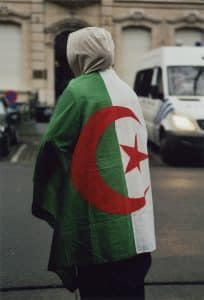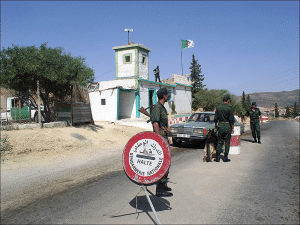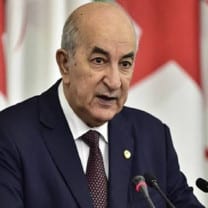On Saturday the 27th of November municipal and provincial elections took place in Algeria. The elections were the third vote in Algeria since Abdelmadjid Tebboune became president in December 2019. The elections are important because Algeria’s local assemblies elect two-third of the members of the national parliament’s upper house. The other one third of the members is appointed by the President. While more than 134,000 candidates were running in the municipalities and provincial councils, another 300,000 applications had been rejected by Algeria’s electoral authorities. Opposition parties have protested the rejections as unfair.
The elections were won by the Algeria’s ruling party the National Liberation Front (FLN). The FLN managed to win the most seats in the municipal as well as in the provincial elections. The support for Islamist parties decreased in comparison with the legislative elections of 2021. The Socialist Forces Front (FFS), a party supporting the pro-democratic Hirak movement, also lost in the elections.
Moving on from Bouteflika
The local elections were seen as key in turning the page on the two-decade rule of late president Abdelazis Bouteflika. Bouteflika was driven from power in April 2019 after the Hirak pro-democracy protest that were backed by the army. Tebboune, who was elected in a widely boycotted ballot a few months after Bouteflika was driven from power, had vowed to reform state institutions. He also vowed to break with fraudulent local and regional elections, of which claims were widespread during the Bouteflika era. However, even though Tebounne has responded to some of the calls of protestors, his rule has also seen a crackdown on journalists and Hirak activists.
The elections took place while many in the country worry about the rising prices of basic goods, housing and health care. The parliament, in which Tebboune’s party (FLN) has the most seats, recently voted on a new budget that would cut subsidies on basic goods such as housing, education and health. The cuts led to strikes by teachers and unions. The continued crackdown and economic worries have led many to become disillusioned with the promise of change under Tebboune’s regime. A professor at the University of Algiers stated that: ‘’Politics at the moment is limited to slogans proclaiming that the country has entered a new era, while all indicators point to the contrary.’’
Low voter turnout
During the campaign period, Algerian authorities called on citizens to take part in the elections if they wanted institutional change. Tebboune himself had also called on citizens to vote, stating that: “if people want change, it is time they do something about it themselves by voting”. However, despite President Tebboune’s statement the turnout for the municipal and provincial elections was only 35 percent. While this is higher than during the last parliamentary elections in 2019, where the turnout was only 23 percent, the elections still show a lack of political participation from citizens.
Sources: Al Jazeera AP News France24 Middle East Eye
Photo source: Flickr



